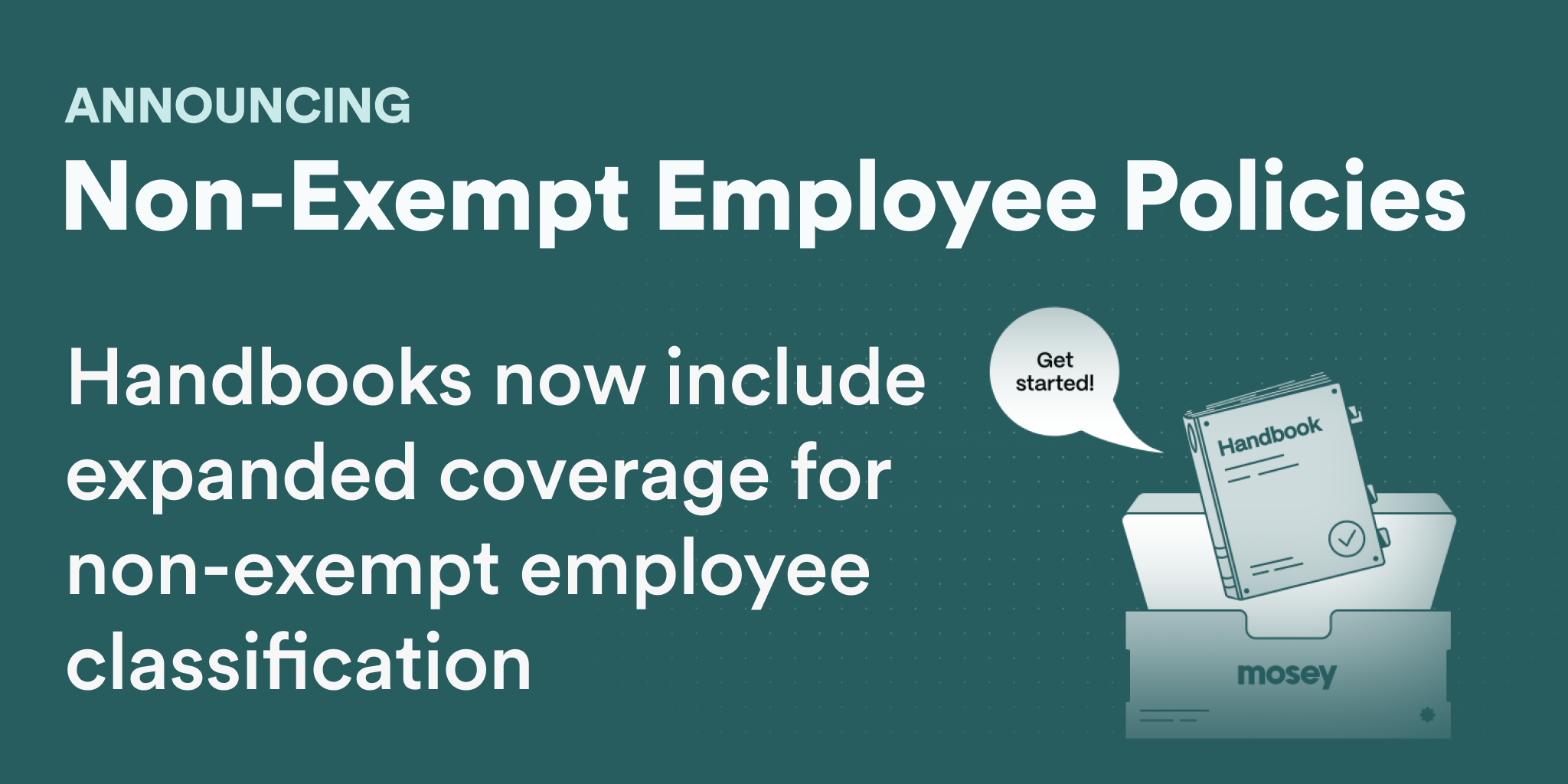Foreign qualification with the Secretary of State in Florida is the process by which a business that was originally formed in another state or country obtains the authority to do business in Florida. This involves registering with the Secretary of State and paying the necessary fees to operate legally within the state.
There are 4 different ways to foreign qualify in Florida depending on your legal entity type and tax classification. Follow the guide below to help you register with the Secretary of State in Florida or use Mosey to do it.
Use Mosey to register with the Secretary of State in Florida.
Avoid the hassle of doing it yourself and use Mosey to automate foreign qualification, annual reports, and registered agent service.
Florida Foreign Qualification for LLP
A foreign limited liability company must first qualify with the Florida Department of State before doing business in the state. Florida does not define “transacting business,” but any ongoing activity in Florida that is vital and essential to your business (e.g., having a Florida employee) qualifies as "doing business." Note: Limited Liability Partnerships (LLPs) must also register as a General Partnership when qualifying to do business in Florida using the LLP Statement of Qualification form.
Establish a Registered Agent
You must have a registered agent in Florida designated to accept service of process. Your registered agent can be an individual who resides in Florida or a corporation authorized by the Department of State may also serve as a registered agent. Note: Your business cannot act as its own registered agent.
File an Application to Register a Foreign LLP
Mail your Application to Register a Foreign LLP cover letter, application, and check to the Florida Department of State Division of Corporations.
Florida Foreign Qualification for Corporation
If you are "doing business" in Florida, you are generally required to register with the Florida Department of State. Having employees conducting sales or other business activities in Florida qualifies as "doing business." Upon approval, you will be issued a Certificate of Authority with a Document Number required to file annual reports.
Acquire a Certificate of Existence
Florida requires a Certificate of Existence (also known as a Certificate of Good Standing) from your organization's home state, issued no more than 90 days before the date of submission, to be included with your Application for Authority.
Establish a Registered Agent
All foreign nonprofit organizations "doing business" in Florida must have a registered agent listed with a Florida street address (P.O. box not accepted). A registered agent receives service of process and other legal documents for your business.
File Application for Authority
Mail your completed Application for Authority (Form CR2E007), supporting documents, and filing fee to with the Florida Registration Section, Division of Corporations.
Florida Foreign Qualification for LLC
A foreign limited liability company must first qualify with the Florida Department of State before doing business in the state. Florida does not define “transacting business,” but any ongoing activity in Florida that is vital and essential to your business (e.g., having a Florida employee) qualifies as "doing business."
Obtain a Certificate of Existence
Florida requires you to provide a valid Certificate of Existence from your home state issued within 90 days.
Establish a Registered Agent
You must have a registered agent in Florida designated to accept service of process. Your registered agent can be an individual who resides in Florida or a corporation authorized by the Department of State may also serve as a registered agent. Note: Your business cannot act as its own registered agent.
File an Application to Register a Foreign LLC
Mail your Application to Register a Foreign LLC (Form FL CR2E027) cover letter, application, certificate of existence, and check to the Florida Department of State Division of Corporations.
Florida Foreign Qualification for Corporation
If you are "doing business" in Florida, you are generally required to register with the Florida Department of State. Having employees conducting sales or other business activities in Florida qualifies as "doing business." Upon approval, you will be issued a Certificate of Authority with a Document Number required to file annual reports.
Acquire a Certificate of Existence
Florida requires a Certificate of Existence (also known as a Certificate of Good Standing) from your home jurisdiction, issued no more than 90 days before the date of submission, to be included with your Application for Authority.
Establish a Registered Agent
All foreign corporations "doing business" in Florida must have a registered agent listed with a Florida street address (P.O. box not accepted). A registered agent receives service of process and other legal documents for your business.
File Application for Authority
To register your business in Florida, you must file an Application for Authority (Form CR2E007) with the Florida Department of State.
What else do I need to know?
Once you are registered with the Secretary of State, you may have additional requirements to maintain your "good standing" in the state. Failing to do so can result in fines, back taxes, and forfeiting certain priveleges within the state.
Maintaining a Registered Agent
Most states require that you have a registered agent that can receive important mail from the Secretary of State should they need to contact you. There are many commercial options available or you can use Mosey to be your registered agent and keep your information private in Florida.
Annual Reports and Taxes
In addition to maintaining a registered agent, most states require you to file a report annually. Registration can also trigger state taxes such as a franchise tax or income tax. You can use Mosey to identify these additional requirements to maintain good standing in Florida.




